
Attend a Pre-Med Fair – Connect with Admissions Officers and the AAMC
Why attend a pre-med recruitment fair? Pre-med recruitment fairs are great opportunities to learn about ... Read more
Written by: AAMC Staff
Published on: October 7, 2015

Why attend a pre-med recruitment fair? Pre-med recruitment fairs are great opportunities to learn about ... Read more
Written by: AAMC Staff
Published on: October 7, 2015

Since the medical field is full of a wide variety of job opportunities, it is ... Read more
Written by: Carrington College
Published on: September 28, 2015
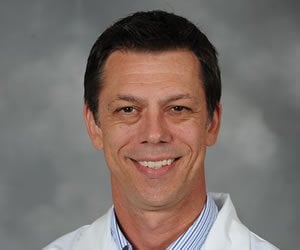
Dr. Jeffrey Whitaker knew at a very young age that he wanted to be a ... Read more
Written by: Student Doctor Network
Published on: September 25, 2015

Many students arrive at medical school with a bias that their liberal arts education has ... Read more
Written by: Michelle Finkel
Published on: September 16, 2015

Most people wouldn’t normally think of medical school as a risky investment. Sure, there are ... Read more
Written by: AJ Nguyen
Published on: September 4, 2015

As third year medical students you’re rotating through your general specialties and you think you’re ... Read more
Written by: Eric Chow and Christopher Terry
Published on: August 31, 2015
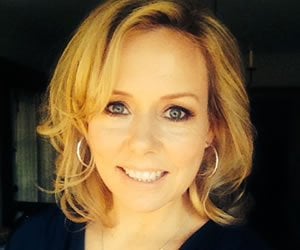
Mellissa Withers, MHS, PhD, is an assistant clinical professor at University of Southern California (USC) ... Read more
Written by: Juliet Farmer
Published on: July 27, 2015

In both hospital[1] and group practice settings, physicians are regularly asked to sign employment contracts that ... Read more
Written by: Jennifer Colagiovanni
Published on: July 13, 2015

Memorial Day and Mother’s Day are May’s official holidays, but for millions, graduation day is ... Read more
Written by: Atul Grover
Published on: July 6, 2015

1. What specifically prompted you to write The Real Doctor Will See You Shortly? I was having ... Read more
Written by: Chivas Owle
Published on: June 29, 2015

I had a certain level of (I thought well-justified) terror anticipating the start of intern ... Read more
Written by: Megan Riddle
Published on: June 26, 2015

The days are long, the nights short – unless you’re on call or night float, ... Read more
Written by: Megan Riddle
Published on: June 5, 2015
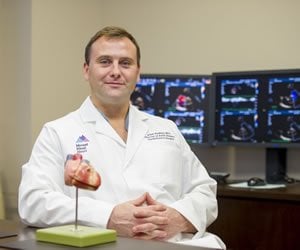
Thoracic surgeon Dr. Allan S. Stewart is director of the aortic surgery program and co-director ... Read more
Written by: Juliet Farmer
Published on: June 1, 2015

Dear Incoming Interns, Congratulations on matching and reaching the end of medical school! I am ... Read more
Written by: Megan Riddle
Published on: May 22, 2015

The first thing you notice about Paul Rockar, Jr., PT, DPT, MS, is his energy. ... Read more
Written by: Suzanne Barston
Published on: May 20, 2015
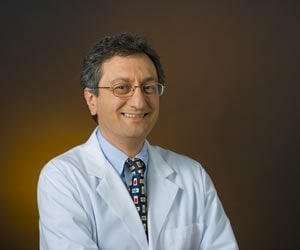
Dr. Antoine Sayegh is a hematologist and medical oncologist practicing in Sacramento and Roseville, California. ... Read more
Written by: Juliet Farmer
Published on: May 4, 2015

Republished with permission from here. The first day of my medicine rotation, I proudly put on ... Read more
Written by: David Louis
Published on: April 29, 2015
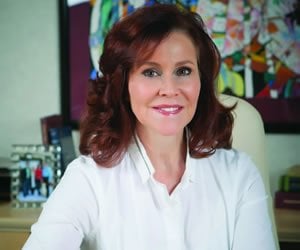
Mary Lupo, MD, is a practicing dermatologist and clinical professor of dermatology at Tulane University ... Read more
Written by: Juliet Farmer
Published on: April 27, 2015

At this past year’s UC Davis Pre-Health Conference, Stanford Health Care’s Chief of Staff, Dr. ... Read more
Written by: Suzanne Barston
Published on: April 22, 2015